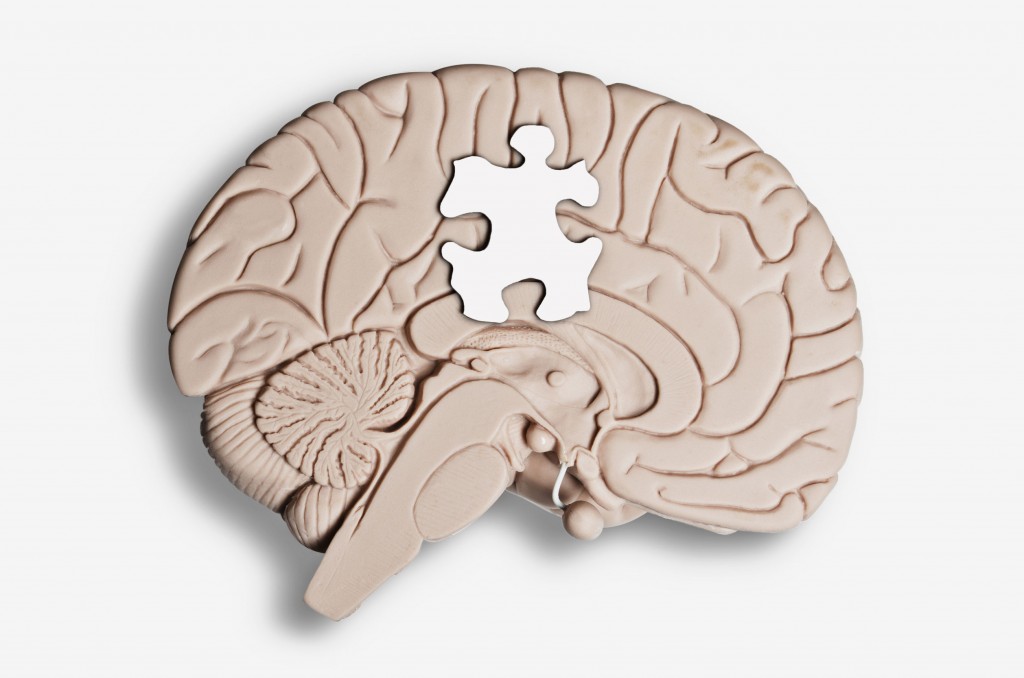Understanding Psychological and Psychoeducational Evaluation: Benefits, Process, and Individualized Approach

A Psychological or psychoeducational evaluation is a comprehensive term that encompasses a set of tests administered to children or adults to answer crucial questions like, “Does my child have a learning disorder?” “What is my IQ” or “How can I determine the diagnosis for my child’s behavior concerns?
Benefits & Functions of Psychological/Psychoeducational Testing:
Psychological and psychoeducational testing serves a range of vital functions and benefits, including:
- Securing Special Accommodations: The results of these evaluations can be instrumental in securing special classroom arrangements, testing accommodations, or specific school placements, such as 504 plans, Individualized Education Programs (IEPs), placement in special education schools, or extended time on standardized tests.
- Identifying Learning Disabilities: These evaluations can uncover learning disabilities like dyslexia or developmental delays, such as Autism, which may be negatively affecting a student's academic performance.
- Assessing Strengths and Weaknesses: These tests help identify a person’s strengths and areas where they may need improvement. This assessment covers various domains, including cognitive/intelligence, academic/achievement, language/communication, learning/memory, visual-spatial skills, fine and gross motor skills, social-emotional skills, play skills, and adaptive functional skills.
- Clarifying Diagnostic Questions: Psychological and psychoeducational evaluations can provide clarity with mood, anxiety, social, and behavioral issues, such as ADHD, Autism Spectrum Disorder, Generalized Anxiety Disorder, or Depression.
- Uncovering Personality Factors: It can reveal personality traits or factors that can be negatively affecting an individual’s learning and overall functioning.
- Evaluating the impact of interventions: By comparing the current test results and comparing them to previous evaluations, it’s possible to assess the effectiveness of interventions and treatments.
What is the Testing Process:
Psychological and psychoeducational evaluations involve various evidence-based tests and questionnaires (also referred to as measures or rating scales). Since there are numerous available tests and measures, it’s crucial to collaborate with a psychologist to select the ones most appropriate for your specific questions. Most evaluations include cognitive testing or IQ testing, along with measures to assess emotional and behavioral difficulties. An achievement test can also be used to determine the learning straights and needs. In addition, the psychologist may request input from other professionals, doctors, or teachers.
How the process unfolds in several stages:
- Initial Intake: You and your family have the initial intake appointment, during this, you will discuss the reasons for testing, and the psychologist determines the most appropriate and suitable test.
- Testing Sessions: Testing often occurs over one, two, or three sessions, with each session lasting a few hours.
- Feedback Meeting: Following the testing, you attend a feedback session/meeting where the results, diagnoses, and specific recommendations are provided to you. This is also your opportunity to ask any questions. The evaluation report you will receive can be used for personal information, shared with other providers or schools, or access services. Discussing the intended use of the report in the initial intake appointment ensures that the psychologist can best assist you. It is important to note that testing and reporting do not guarantee services.
Psychological evaluations are not one-size-fits-all. If you’re unsure about the type of psychological evaluation your child needs, please don’t hesitate to reach out and click the button below for a free consultation. We are happy to guide you through the process.
New Bilingual Psychological Evaluation Services at MPG
Dr. Merav Hasler, one of our experienced testing clinicians, is a bilingual evaluator certified in New York to provide evaluations in Hebrew. In addition, she completed a bilingual specialization extension as part of her doctoral training, equipping her to conduct bilingual neuropsychological evaluations with a strong foundation in cultural and linguistic considerations.
With Dr. Hasler’s expertise, we are now able to provide these evaluations in-house for many of the families we serve. This is a tremendous asset, as it allows us to:
- Select appropriate measures that reflect cultural and linguistic differences
- Make clinically sound decisions with bilingual considerations in mind
- Provide families with timely, high-quality evaluations without needing to refer out
Frequently Asked Questions (FAQs)
What is Psychological and Psychoeducational Evaluation?
Psychological and Psychoeducational evaluations involve a series of tests conducted on children or adults to answer important questions like diagnosing learning disorders, assessing intelligence (IQ), or understanding behavioral concerns.
How do these evaluations identify Learning Disabilities?
These assessments can uncover learning disabilities like developmental delays, dyslexia, and Autism. Which may be affecting a student's academic performance.
Who conducts Psychological and Psychoeducational Evaluations?
These are typically conducted by licensed psychologists or neuropsychologists who specialize in assessing cognitive, emotional, and behavioral functioning.
What Age Groups Can Benefit from These Evaluations?
Psychological and psychoeducational evaluations can be beneficial for children, adolescents, and adults to address various concerns, from academic performance to emotional well-being.
Can adults undergo Psychological and Psychoeducational Evaluations?
Yes! Adults can also benefit from these evaluations to address issues such as memory problems, mood disorders, and attention deficits.
We conduct evaluations from multiple locations in New York and New Jersey




